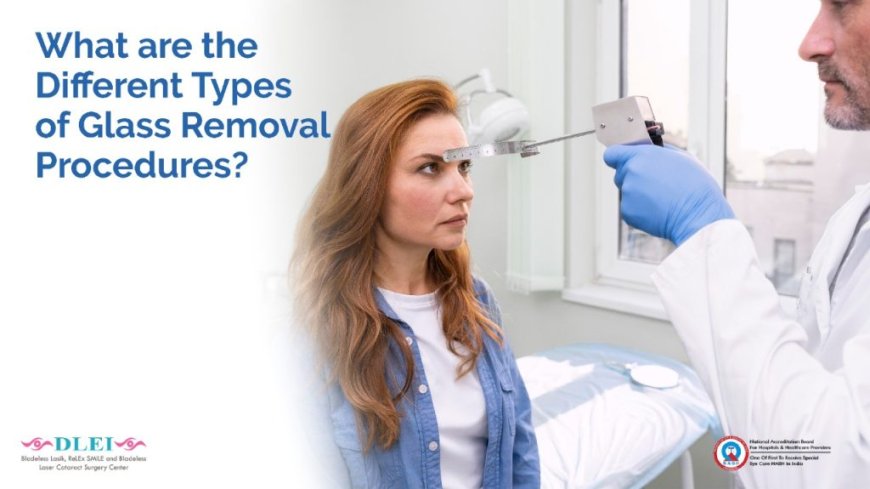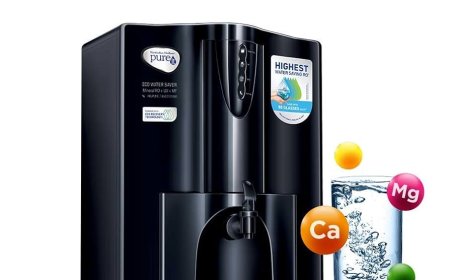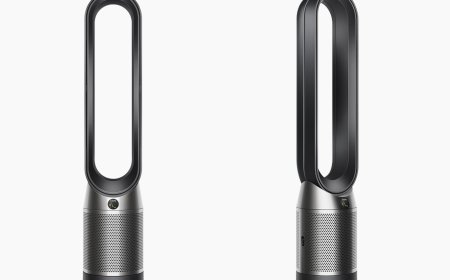Top 10 Non-Surgical Methods to Reduce Dependence on Glasses
Glasses can be a wonderful tool for improving vision, but many people find them inconvenient or simply prefer not to rely on them all the time. Fortunately, there are several non-surgical methods that can help minimize glasses usage.

Here, we’ll explore the top 10 methods to enhance
your vision naturally and reduce your dependence
on glasses.

-
Eye Exercises and Vision Therapy:
Regular eye exercises can help improve focus, reduce eye strain, and enhance overall vision. Vision therapy, guided by a professional, involves a series of exercises designed to strengthen the eye muscles.
-
Proper Nutrition:
A balanced diet rich in vitamins and minerals, particularly vitamin A, C, E, and omega-3 fatty acids, supports healthy eyes. Foods like carrots, leafy greens, citrus fruits, and fish can contribute to better vision.
-
Bilberry Supplements:
Bilberry is a powerful antioxidant known for its vision-enhancing properties. It can help improve night vision and reduce eye fatigue.
-
Use of Blue Light Filters:
Digital screens emit blue light, which can strain the eyes. Using blue light filters on screens or wearing specially designed glasses can reduce this strain.
-
Palming Technique:
This is a relaxation exercise where you cover your closed eyes with your palms to warm them. It helps relax the eye muscles and alleviate eye strain.
-
Acupuncture and Acupressure:
These traditional Chinese practices can help improve blood flow to the eyes and relieve tension, potentially improving vision.

-
Adequate Sleep:
Getting enough restorative sleep is crucial for eye health. It allows the eyes to recover and function optimally.
-
Reduce Screen Time and Take Regular Breaks:
Prolonged screen exposure can lead to digital eye strain. Taking breaks and following the 20-20-20 rule (every 20 minutes, look at something 20 feet away for at least 20 seconds) can alleviate this.
-
Stay Hydrated:
Proper hydration ensures that the eyes stay moisturized and function effectively.
-
Consult with an Optometrist:
Regular eye check-ups are crucial for maintaining good vision. Your optometrist can recommend specific exercises, treatments, or adjustments to your glasses prescription.
While glasses are a valuable tool for many, these non-surgical methods can be effective in reducing their dependence. Incorporating these practices into your daily routine can help improve your vision naturally and promote long-term eye health.
What's Your Reaction?




























































